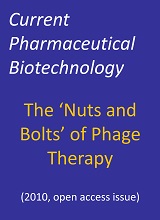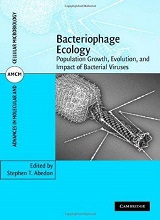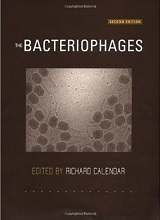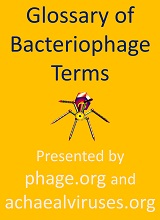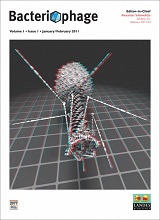
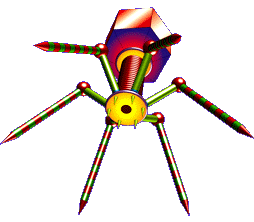
Element possessing 1 proton per atom and 1 valence electrons.
Hydrogen is both the lightest of elements and the most abundant element in the Universe, including our Sun, though on Earth, due to its lightness, it is somewhat less abundant. Nonetheless, as one of only two constituents of water, hydrogen is without question an abundant component of the Earth's crust and, not coincidentally, one of the essential elements making organisms. It is found in nearly every molecule associated with living things except, in particular, molecular oxygen (O2) and carbon dioxide (CO2).
In addition to being a key constituent of biomolecules, hydrogen also is the primary means by which electrons are transferred between molecules within cells, that is with each electron typically transferred in combination with one proton where a proton plus an electron equals a hydrogen atom. As a consequence, removal of electrons from molecules (i.e., reduction) is typically described as
dehydrogenation.
Note that a hydrogen atom can be separated from its electron, resulting in what is known as a hydrogen ion or, simply, proton.
For more on this topic, see Wikipedia and Google. Contact web master. Return to home.



